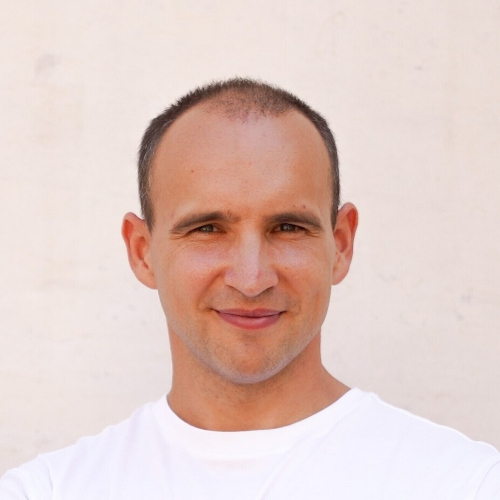Schedule
All time specifications are Central European Time (UTC+1).
If you are registered, we will inform you via Email about the specific location and room, where the workshop takes place.
Thursday, 20th of February
Registration and Welcome
We start at 10:30 with the workshop!Registration time is for checking the setup and turning up.
Keynote I: Process Orchestration and AI

Stephan Haarmann
Camunda Services GmbH
Recently, AI is the most talked-about tech topic and new and existing products develop rapidly. While it remains open whether AI delivers to its promise, companies across all domains feel the market pressure:
How can they adapt to current and future developments and compete with AI-enabled newcomers?
We show that process orchestration can help to avoid AI-Silos by integrating AI in end-to-end processes, and at the same time, remaining flexible effectively shortening the time to market and future proofing businesses. We further demonstrate how Camunda acts as a universal process orchestrator integrating modern AI agents, with legacy systems, human tasks, and various other endpoints.
Lunch Break
Paper Session I:
Alignment of Process Lifecycle and Software Product Line Engineering Phases Philipp Hehnle and Manfred Reichert Studying domain dependence in BPMN process modeling: An empirical research proposal Thomas Heinze Towards Model Consistency between abstract and explicit Delay-Robustness in Timed Graph Transformation System Mustafa Ghani Session chair: Lisa ArnoldCoffee Break
Keynote II: Process Intelligence with Celonis

David Shipilov
Celonis Deutschland GmbH
In a digital world, efficiency, agility and process transparency are the success factors. Organizations need to avoid bottlenecks, optimize processes and act quickly. Process mining is a technology that, like an X-ray machine, makes it possible to find inefficiencies in process data and identify their causes. Celonis was founded in Munich in 2011 by three students and is now the world's leading provider of process mining software with more than 3,000 academic employees, more than $100 million in revenue and more than $13 billion in enterprise value (a so-called “unicorn"). As Principal Value Engineer, David Schipilov shows how Celonis analyzes data, enables data-driven decisions and makes organizations more efficient.
Coffee Break
City Tour
Conference Dinner
Salm Bräu
Rennweg 8, 1030 Wien
Friday, 21st of February
Keynote II: Evaluation of Algorithmic Contributions

Jan Mendling
Humboldt-Universität zu Berlin
Algorithms play an important role in many applied fields of computer science. We observe that many authors struggle presenting their papers on algorithms, because of a lack of explicit guidelines for evaluating algorithmic contributions.
In this talk, we will describe an overarching methodological framework of how algorithms can be researched. In turn, we discuss its foundations in three dimensions. First, we describe four ontological entities
including real-world problem, algorithmic task, algorithm design, and
algorithm implementations. Second, we distinguish four types of knowledge, that is a) knowledge relating to tasks and to designs and b) knowledge of and knowledge about. Third, we discuss how methodologically
new or better knowledge is established. Fourth, we highlight implications regarding the validity of corresponding research contributions.